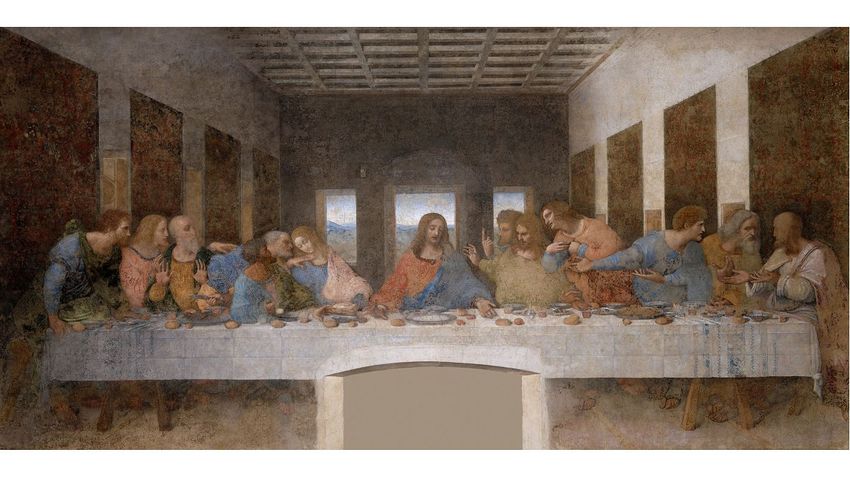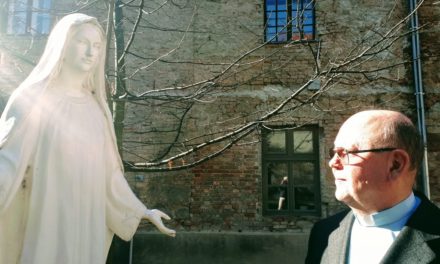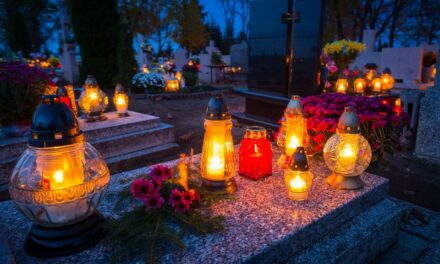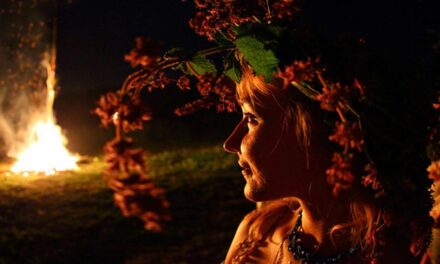The biggest Christian holiday, Easter, is prepared by a forty-day fast from Ash Wednesday to Holy Saturday, the last week of Lent starting with Palm Sunday is Holy Week (hebdomada sancta). On the holy three days of Easter (sacrum triduum paschale), i.e. Maundy Thursday, Good Friday and Holy Saturday, Christianity commemorates the suffering, crucifixion and resurrection of Jesus Christ.
Maundy Thursday (Maundy Thursday) commemorates Christ's Last Supper, his acceptance and the beginning of his sufferings. (It's "green" because believers usually eat green plants, such as spinach, during fasting.)
At the chrism mass on Maundy Thursday, the ceremony of oil consecration takes place, when the three holy oils used in the administration of the sacraments, the chrism used for confirmation, the oil of catechumens (those to be baptized) and the oil of the sick are consecrated.
At the "last supper mass" in the evening, after the singing of the Gloria, the bells fall silent (they go to Rome), and the deepest mourning begins. At the end of the mass - which may include the ceremony of washing the feet - the sacrament of the altar is taken to its place of safekeeping. Everything is taken from the altar, this is the stripping of the altar, leaving only the candlesticks and the cross covered with a shroud to remind us of Jesus' suffering and stripping of his clothes.
The full article of Magyar Nemzet can be read here.
Image: Wikimedia













